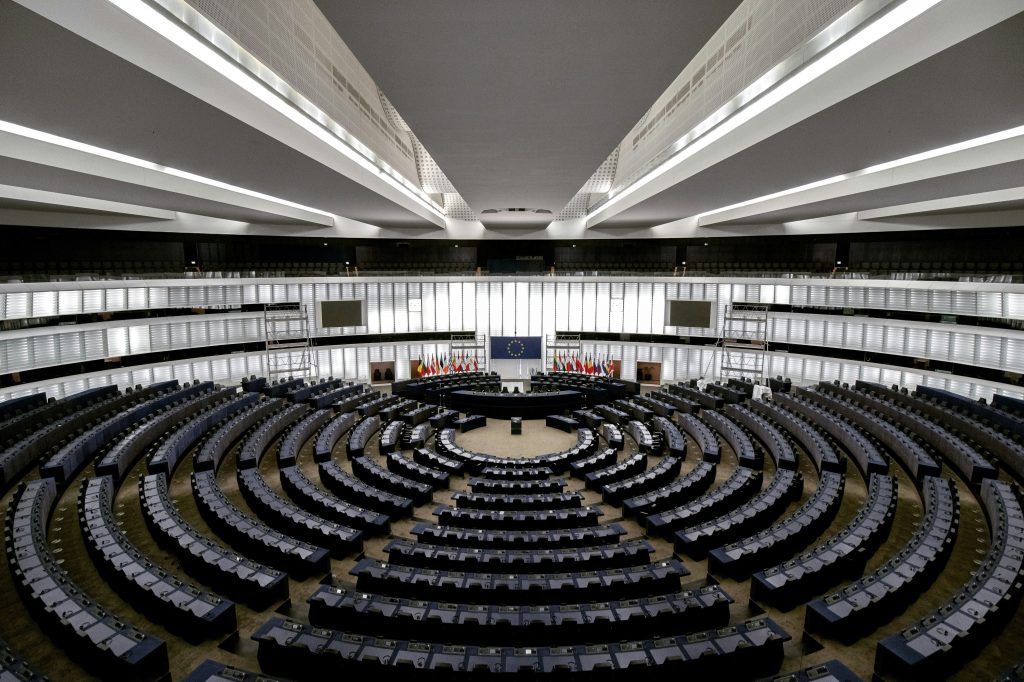[FR] 1999: Year 1 of European parliamentarism?

The resignation of the European Commission in March 1999 will go down in the history of European integration. Admittedly, the Commission was not censured; it chose to leave, thereby inventing a form of collective resignation that had not been envisaged by the authors of the Treaty of Rome. Admittedly, Parliament seemed to balk at the obstacle, tasking a committee of independent experts with uncertain status with investigating the faults attributed to certain commissioners and their services. However, these legal innovations should not be misleading; on the contrary, they are evidence of the crisis facing the Community’s institutional machinery.
The major institutional balances established by the founders of the common market, which are at the root of the extraordinary dynamism that the Community has demonstrated since its creation, are threatened by the evolution of the integration process. In many respects, the originality of the Community system lies in the subtle compromise it has achieved between the defence of national interests, which is common to all international organisations, and the pursuit of the common interest. This search for balance has resulted in a skilful division of tasks. The European Commission — an autonomous body, as everyone knows, but also multinational and multi-party — is responsible for providing impetus and technical preparation for decisions, which traditionally fall to the executive in national systems. The actual decision-making is the prerogative of an intergovernmental body, the Council of Ministers, but in certain cases the Council may decide by majority vote, which reduces the risk of deadlock. Within the Council, small states are over-represented to ensure that their interests are duly taken into account.
Finally, it is the national administrations, acting under the supervision of the Commission, which are responsible for implementing most Community policies. Admittedly, these key elements have evolved over time. After being sidelined for nearly 20 years following the “Luxembourg compromise”, majority voting became more common practice in the mid-1980s, although it is still the exception. The Commission, which had gained considerable influence over the Community’s political agenda with the programme for completing the internal market, has seen its leadership challenged over the last decade. The European Parliament has gained a growing role, first at the budgetary level and then at the legislative level. However, none of these factors in itself has led to a radical challenge to the balance between supranationalism and intergovernmentalism that characterises the institutional architecture of the Treaty of Rome.




